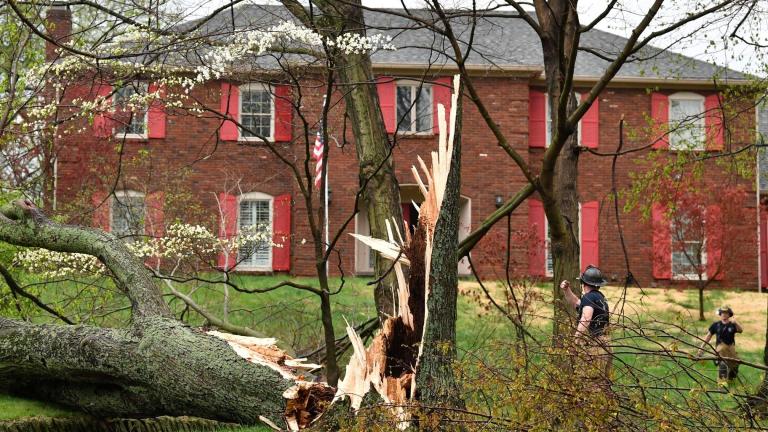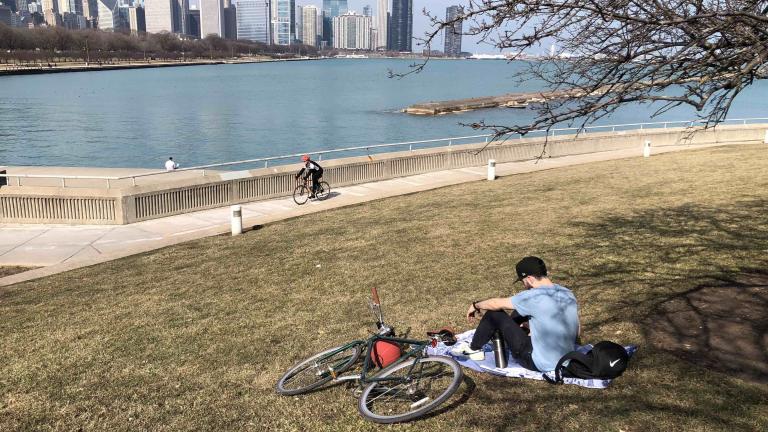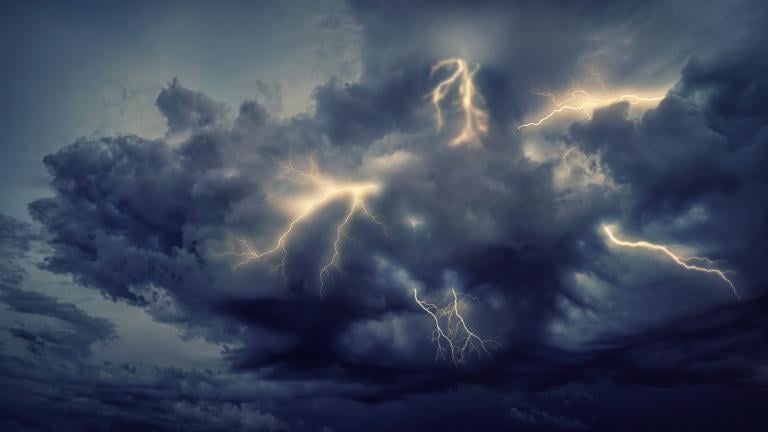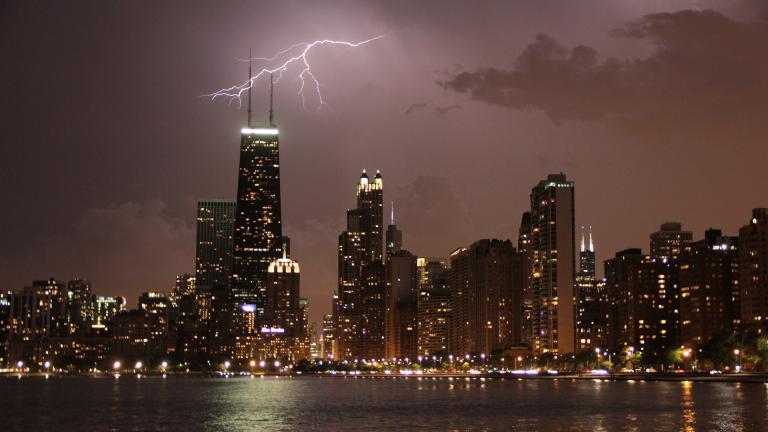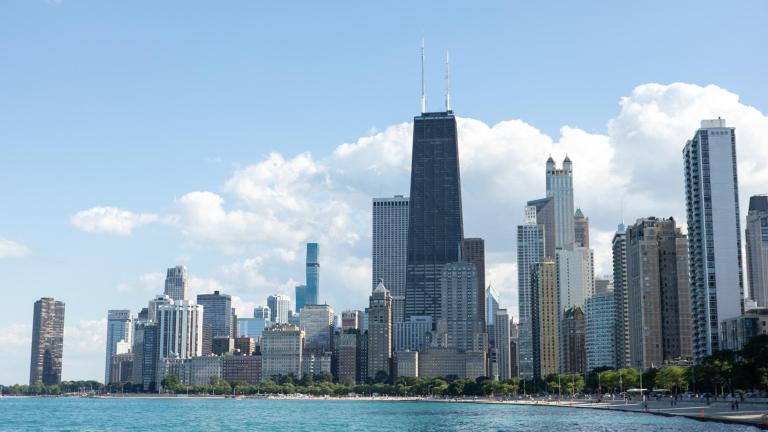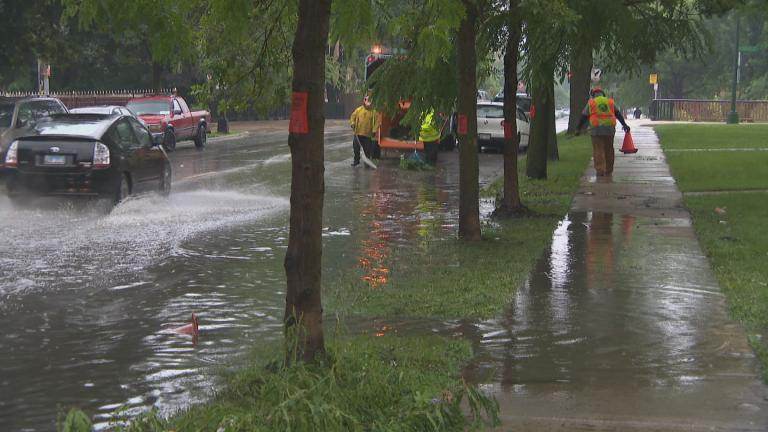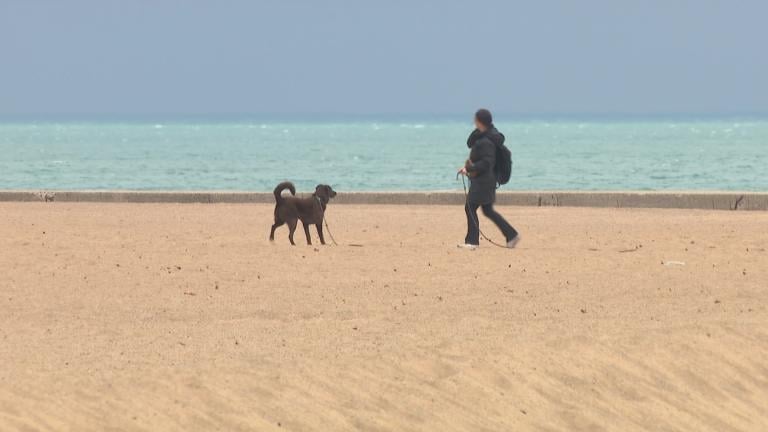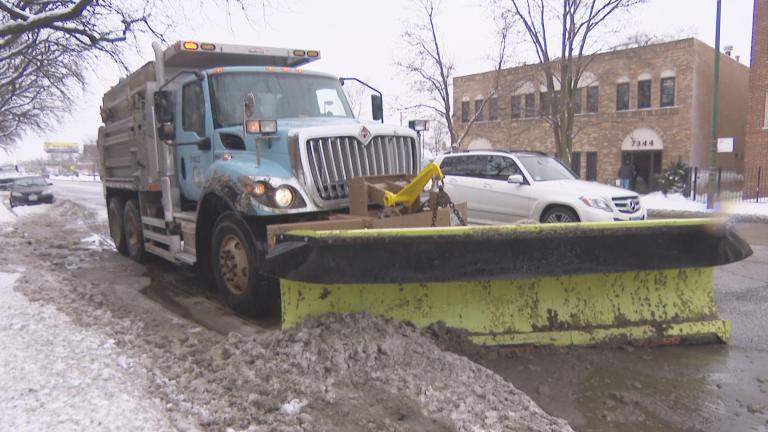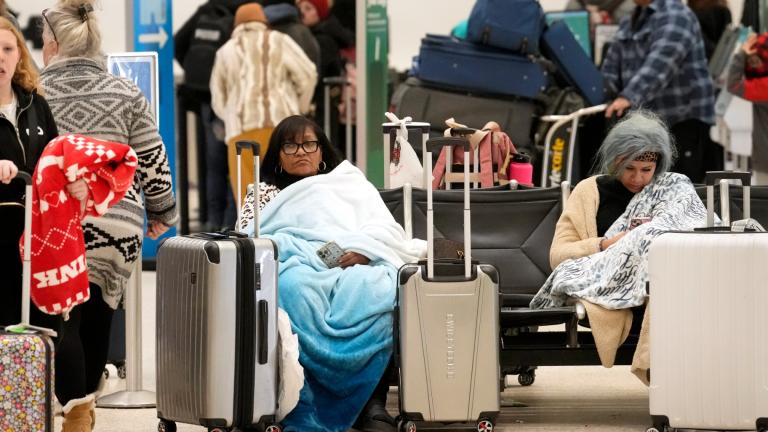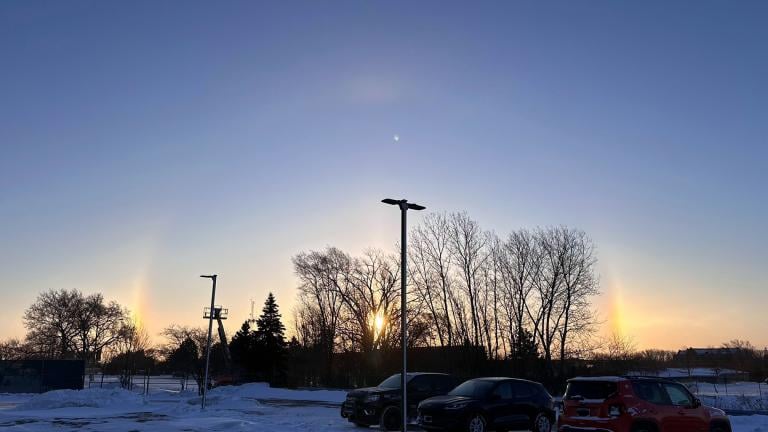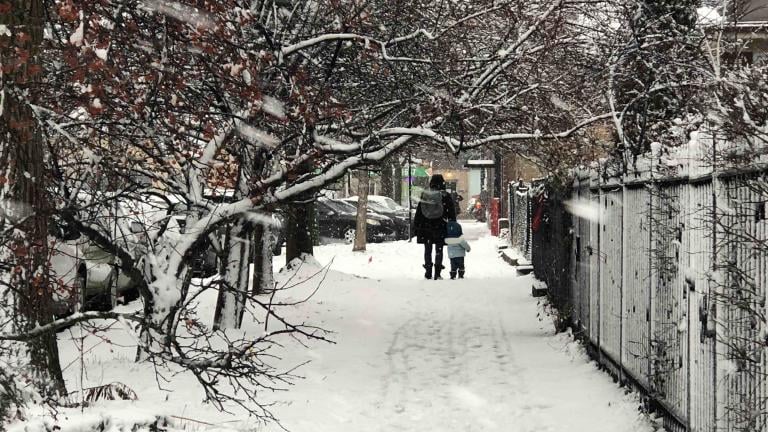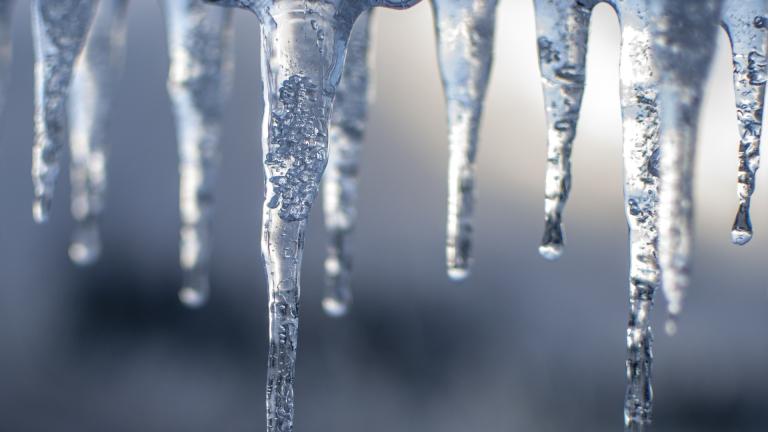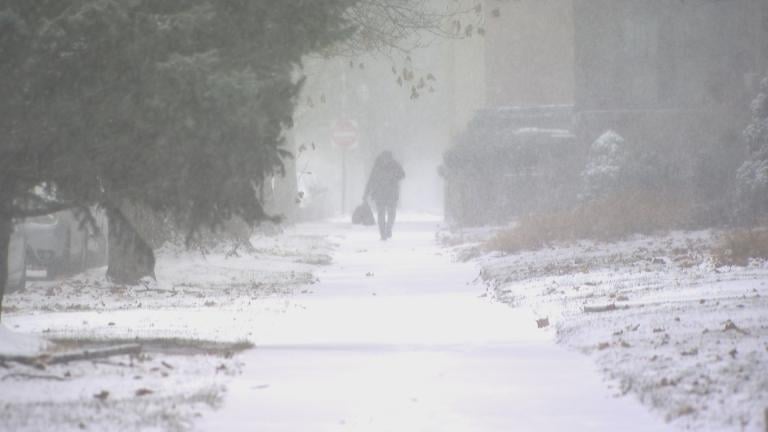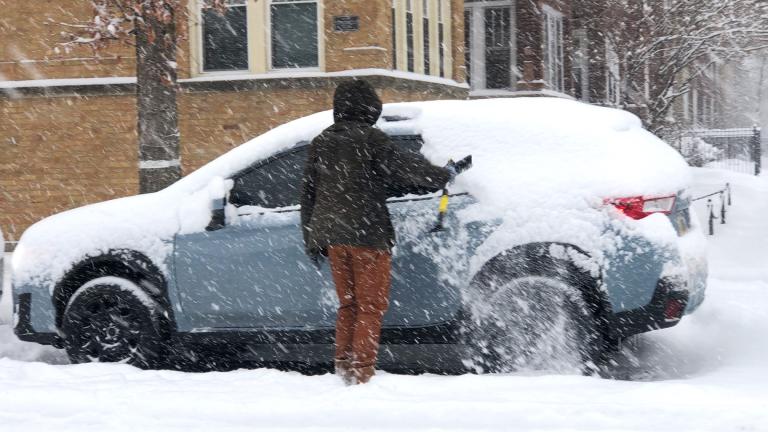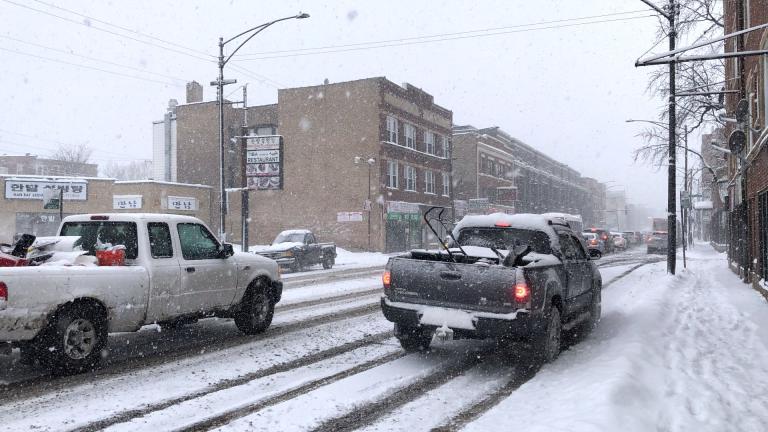Sixteen tornadoes were reported Tuesday and Wednesday morning across Illinois, Kentucky, Ohio, Alabama, Tennessee and Georgia, along with dozens of damaging wind reports, including gusts topping 100 mph in Kentucky. The Illinois tornado was reported by a trained weather spotter Tuesday near Manteno in Kankakee County, according to the National Weather Service.
Weather
It’s official, Chicago: February 2024 was the warmest in 153 years of recording keeping.
It was a wild day that saw Chicago just miss out on setting a record-high temperature for February before a powerful cold front moved through the region.
The National Weather Service has issued a tornado watch for the Chicago region, much of northern Illinois and parts of northeast Indiana, through 10 p.m. Tuesday.
The forecast for last week of February has a little something for everyone. Buckle in for a wild ride.
Mayor Brandon Johnson announced the lawsuit, filed Tuesday in Cook County Circuit Court, against BP, Chevron, ConocoPhillips, Exxon Mobil, Phillips 66, Shell and their largest trade association, the American Petroleum Institute.
Temperatures reached a high of 57 degrees in Chicago on Thursday. As the city experiences an El Nino year, 2024 is seeing temperatures about 1 to 3 degrees above average.
The results of Department of Streets and Sanitation's snowplow naming contest are in and we can confirm that Chicago truly is a Tom Skilling kind of town.
Airlines can’t control the weather, but they are still required to provide refunds for customers whose flights are canceled. Here’s what to know about your rights, and what to know when cancellations start piling up.
Sundogs form when waves of sunlight pass through ice crystals suspended in clouds. They resemble rainbows or halos, or can even resemble a second sun.
CPS announced classes will be in session for all students Wednesday as the frigid temperatures the city has seen this week have begun to dissipate.
The Chicago region remains under a wind chill warning Tuesday morning as bitterly cold temperatures persist.
“We have been carefully monitoring the forecast over the past 24 hours, and have determined that given frigid temperatures predicted for tomorrow, and a Wind Chill Warning from the National Weather Service that wind chills that could reach -30 degrees, it will be unsafe for staff and students to travel to school,” the school district said in a statement.
State law allows districts to switch to e-learning if an emergency like weather prevents students from being in school physically. But if districts want the option, they must have an electronic learning program established in advance.
The first of two rounds of snow made for a snowy morning commute Friday, with a second round set to hit overnight into Saturday.
The National Weather Service has issued a winter storm warning for Chicago and the surrounding region, in effect from 3 a.m. Friday through noon on Saturday.

